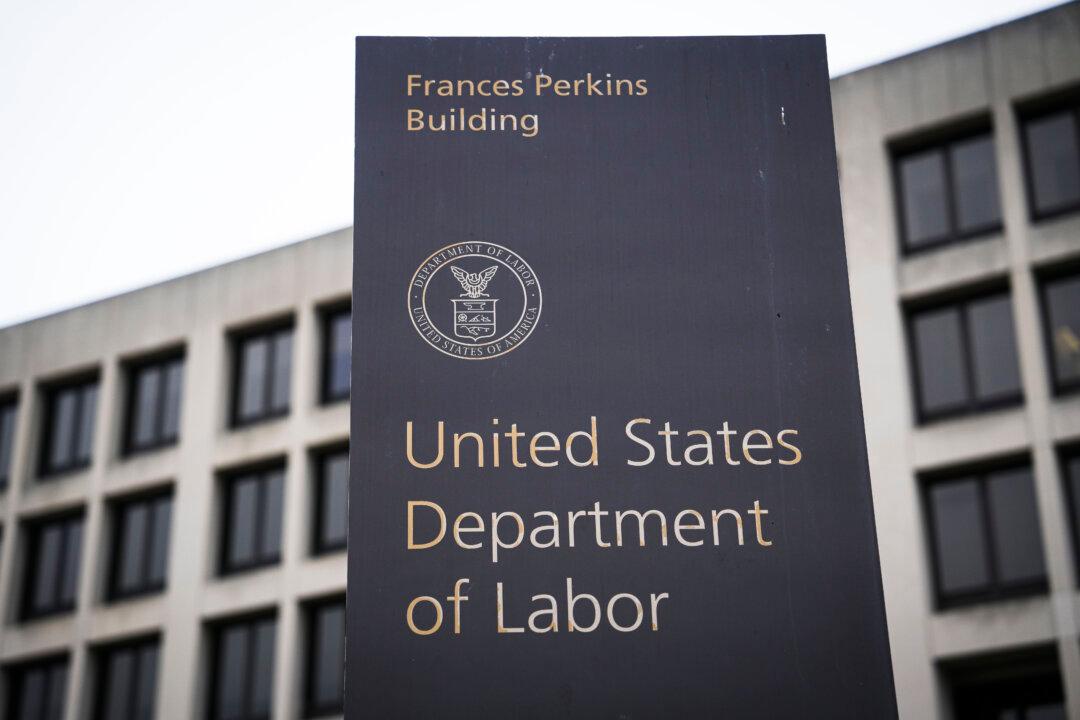A group of freelancers is suing the U.S. Department of Labor (DOL) over a new rule that encourages employers to classify independent contractors as employees.
Independent contractors perform services for companies but are not deemed employees. Many companies retain them instead of hiring employees in order to save money. Contractors have to pay their own taxes. After the year ends, they receive a 1099 IRS form if they billed more than $600.





